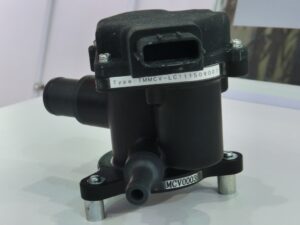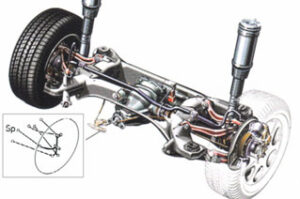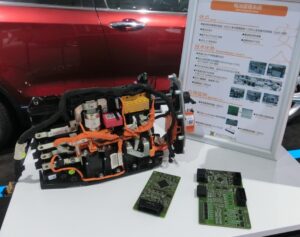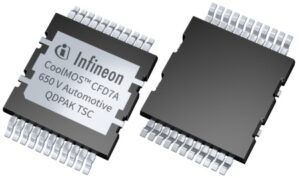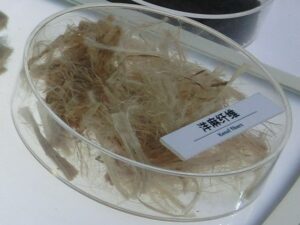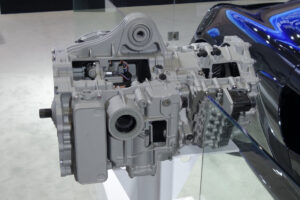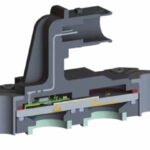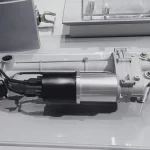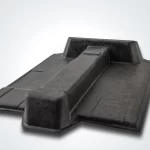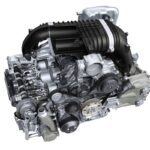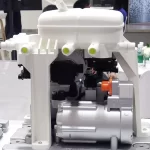Kistler’s new 4017A piezoresistive absolute pressure sensor is optimal for use in engine development as well as hydraulic and pneumatic applications, in both hot and cold environments.
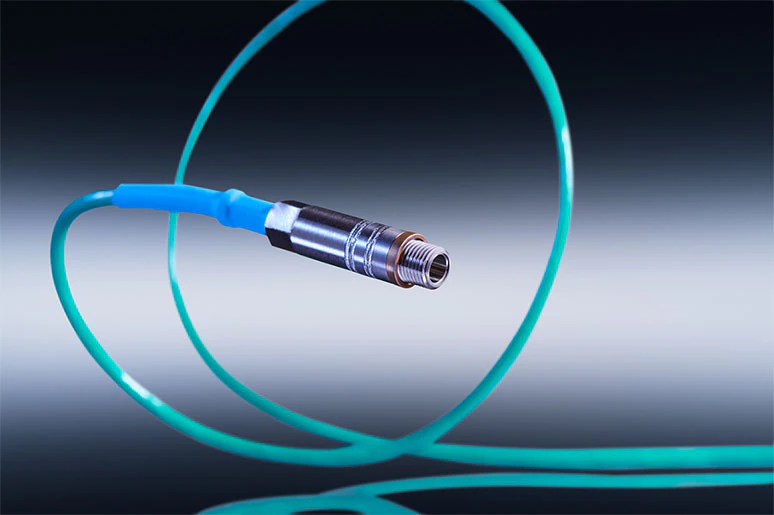
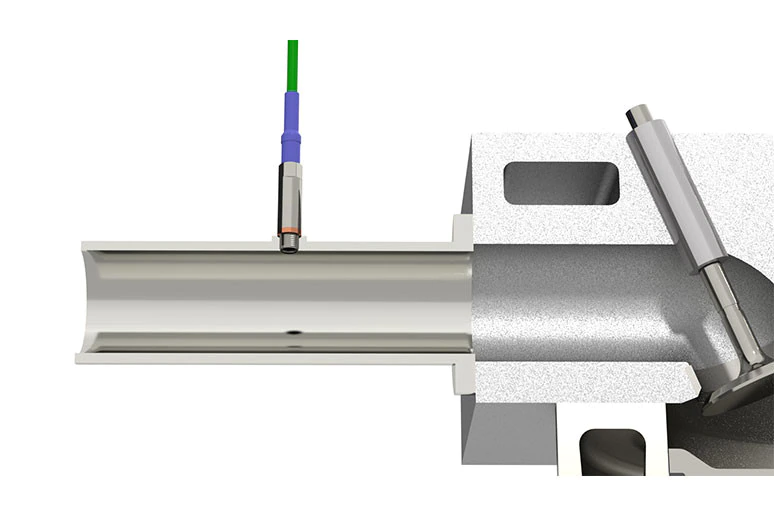
Piezoresistive (PR) pressure sensors consist of a silicon-based Wheatstone bridge which changes its electric resistance when exposed to pressure. This PR effect means that the sensing element is free of drift to a great extent – and is ideal for capturing static pressures. The PR pressure sensors can also be used for dynamic pressure measurements due to their ability to capture rapidly changing pressures even in low-pressure ranges. That is why such sensors became a standard choice in automotive applications, where precise measurements in the engine air and fuel path are required – but also for subsystem development such as brakes and cooling applications, that require high precision sensing.
The miniature absolute PR pressure sensor has a mounting size of only M5x0.5 and was specifically designed for maximum robustness and accuracy. Its oil-filled measuring cell is media-isolated by a stainless-steel diaphragm and delivers a very high level of media compatibility for both gaseous and liquid media.
With a compensated temperature range from –20°C to +140°C, the new sensor can also be used for low-temperature tests. The digital temperature compensation allows a high level of accuracy (≤1% FSO), even in harsh environments. Sensor health monitoring (operating temperature: –40 to +180°C) is possible during measurements, due to the integrated temperature measuring element.
When applied in high-temperature environments, such as exhaust manifolds, the 4017A can be installed with a water-cooling adapter (deliverable as an accessory from Kistler). The new media-isolated sensor is available with different measuring ranges for pressures up to 5, 10, 20 or 50 bar. Optionally, it can be delivered with an ATEX certificate (Zone 2) suitable for applications in potentially hazardous areas.

